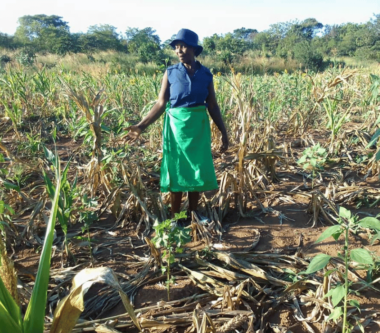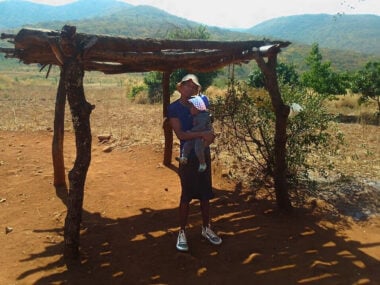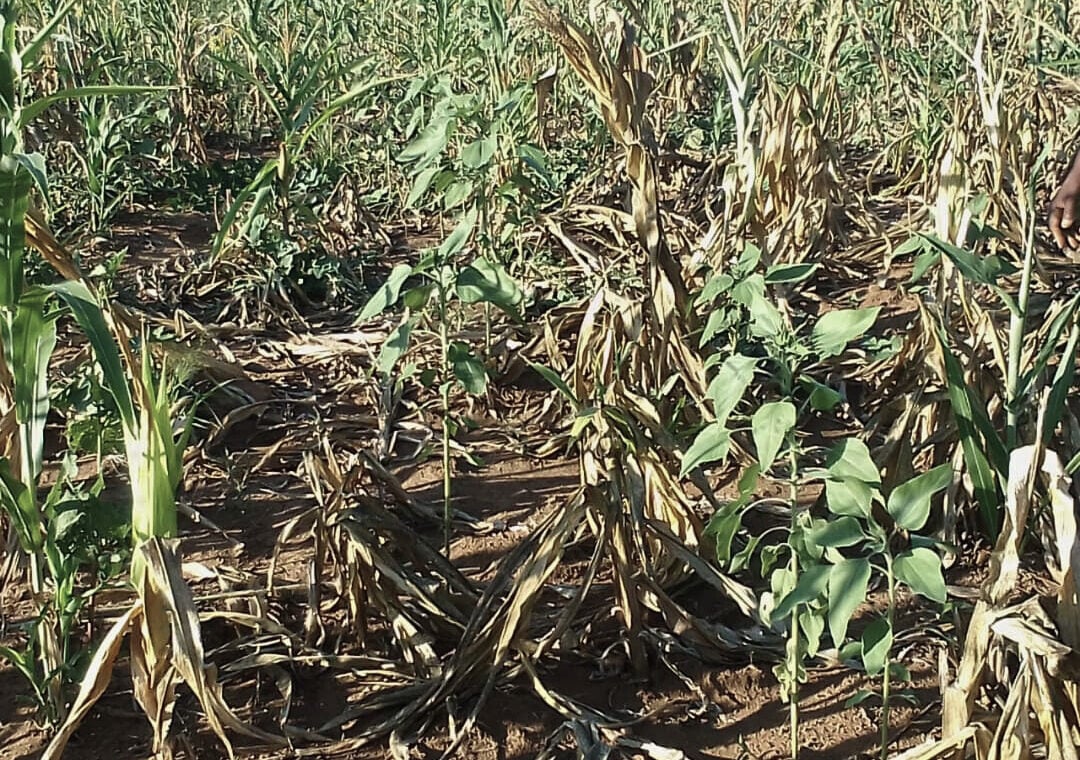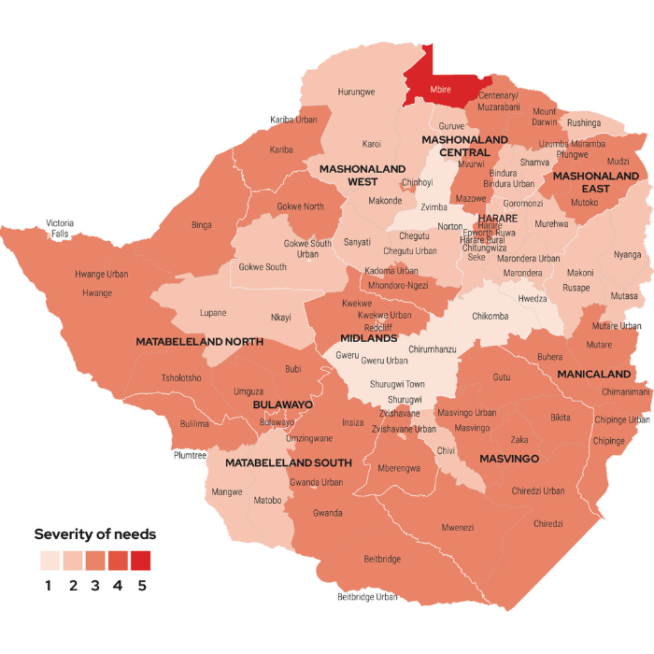Zimbabwe is experiencing its worst drought in over 40 years. Donate now to help provide urgent food, water, and medical supplies.
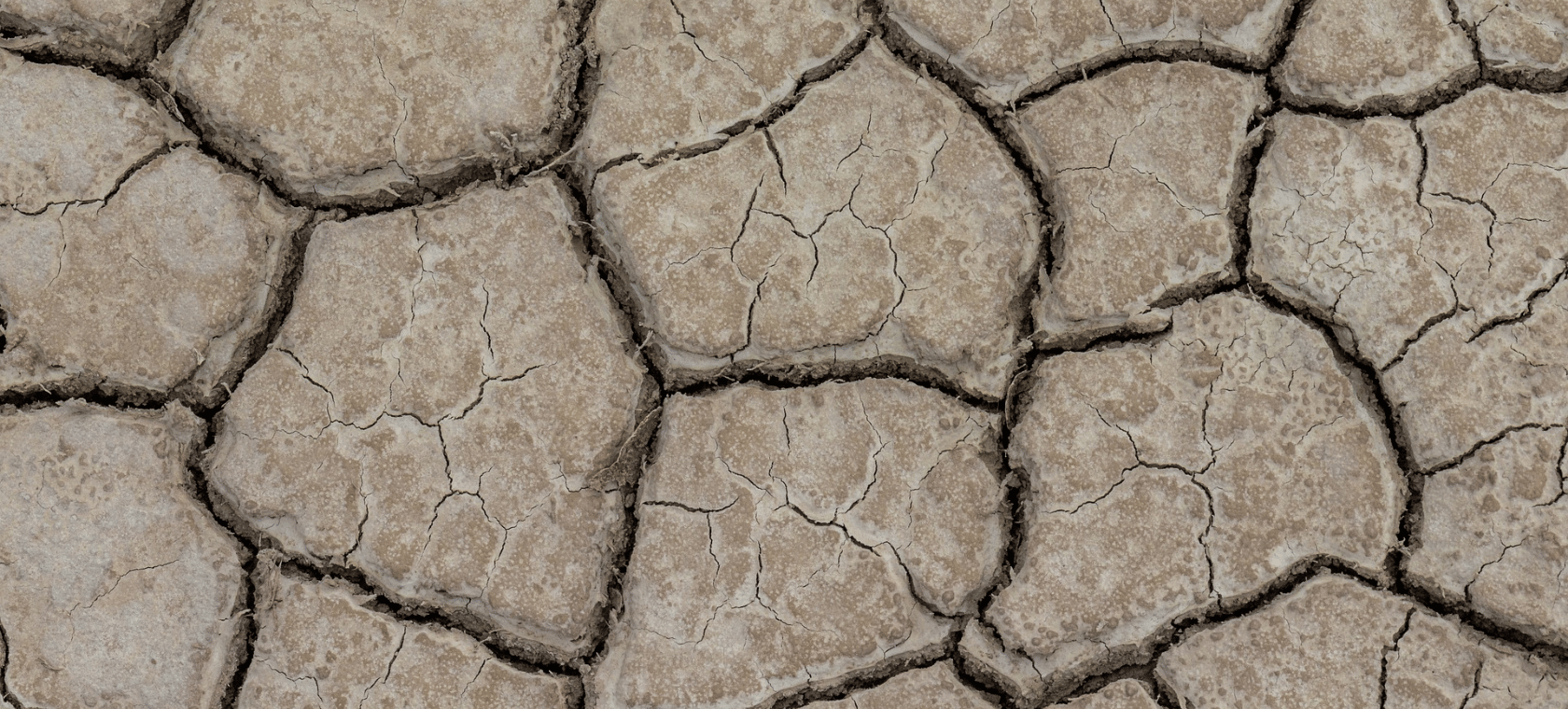
Zimbabwe Emergency Drought Appeal
What CBM’s project will do
Our three-year project will provide immediate relief, and help communities withstand future climatic shocks. The most vulnerable in this drought – including families of people with disabilities – will be given fast access to food, medical supplies and water. And supporters’ gifts will also help families learn more sustainable farming techniques, helping them grow a lifeline of food and build themselves a climate-resilient livelihood into the future.
How you can help
CBM teams are on the ground, ready to deliver immediate aid to households in urgent need, including many with disabled members who are often the last to receive help. Your donation can create immediate access to food and medical services, and help families use more sustainable farming techniques for years to come.
Each moment counts. Will you make an urgent gift today?
Image copyright: ©CBM Global / CARITAS Mutare
Donations will be prioritised for our emergency response in Zimbabwe. Surplus donations will go wherever the need is greatest.
